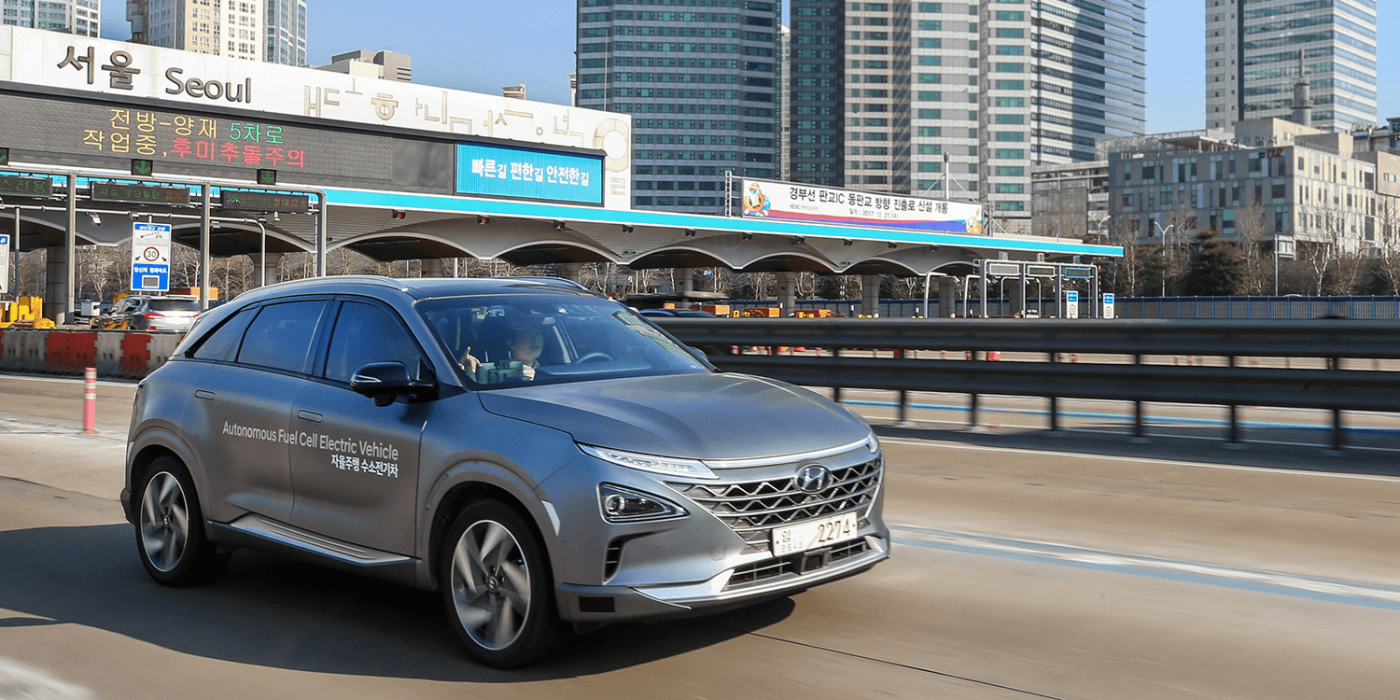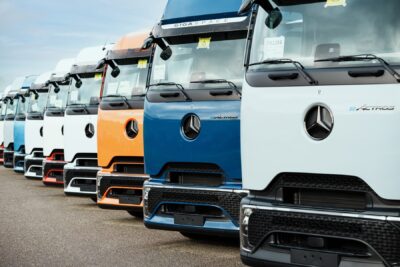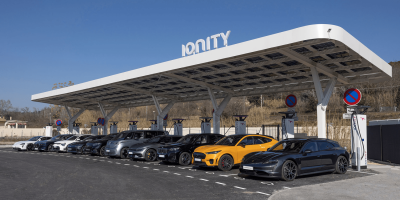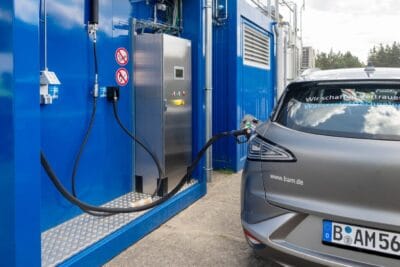South Korea to invest €2BN into fuel cell vehicles
The government in Seoul agreed with South Korea’s industry to invest about 2 billion euros (2.6 trillion Won) into hydrogen mobility over the next five years. Facilities building fuel cell vehicles and those doing R&D will receive funding in order to reach the ambitious targets.
In detail, Korea aims to fund 15,000 fuel cell vehicles and 1,000 hydrogen buses by 2022. On top, the funding programme includes 310 new hydrogen filling stations and the government also vowed to adapt regulation.
Minister of Trade, Industry and Energy Paik Un-gyu said at a meeting with industry leaders: “Through the end of the year, the government will innovate related regulations and laws, while carrying out pilot projects for citizens to get firsthand experience of hydrogen-powered vehicles.”
The meeting was attended by Hyundai and SK Innovation. Just last week, Hyundai agreed to work on fuel cell technology together with Audi (we reported). Hyundai is ahead of Volkswagen as the company is currently selling the Nexo FCEV and Audi will benefit from the existing technology in a first step. Back at home, Hyundai already offers the Nexo for no more than 25,000 euros thanks to Korea’s existing generous EV subsidies.
Moreover, Hyundai is working on fuel cell buses that may feed into Korea’s plan to electrify their public transport. The government in Seoul wants all buses and trucks to run with zero emissions by 2030 reportedly. Consequently, a part of the latest funding will go into establishing dedicated production facilities for hydrogen buses.
Independently of the new scheme, there are also plans for a public-private partnership aiming to install a network of hydrogen filling stations. Hyundai as well as the state-owned Korea Gas Corporation are part of the deal that includes eight H2 filling stations located on Korea’s busiest highways with another ten to supply fuel cell vehicles in large cities (we reported).
However, hydrogen infrastructure is still on a very low level with a total 16 hydrogen stations across all Korea. As a comparison, Japan had 101 charging stations as of last March and plans to have 320 by 2025.





0 Comments